Let’s leave 2020 behind for a moment and travel to 2040. Governments of countries across Europe and as far as California and India have removed the combustion engine from the picture, every new car is powered by either electricity or hydrogen, and you’re still holding on to the head-turning Porsche 944 your parents purchased in the 80s.
The sobering thought is that taking it for a spin without replacing the four-cylinder engine with an electric motor could be difficult if the fuels of today are outlawed tomorrow. Porsche is just one of the many car makers peering into the future and seeking an alternative solution. That solution could be synthetic fuel.

“We believe that synthetic fuels produced with 100% renewable energy have the potential to be an important element [in the future]. For this reason, we are conducting research and development activities,” Oliver Blume, Porsche’s CEO, told Hagerty. “70% of the cars we have ever built are still on the road, and for many years to come there will be cars powered by combustion engines,” he added.
Porsche isn’t alone. Europe’s major oil refiners are calling on the automotive industry back synthetic fuels as a way to achieve the European Union’s target of climate neutrality by 2050. FuelsEurope, which represents almost 100% of EU’s petroleum producers, said synthetic fuel could bring CO2 reductions of 100 million tonnes by 2035 – equivalent of 50 million electric vehicles on the road.
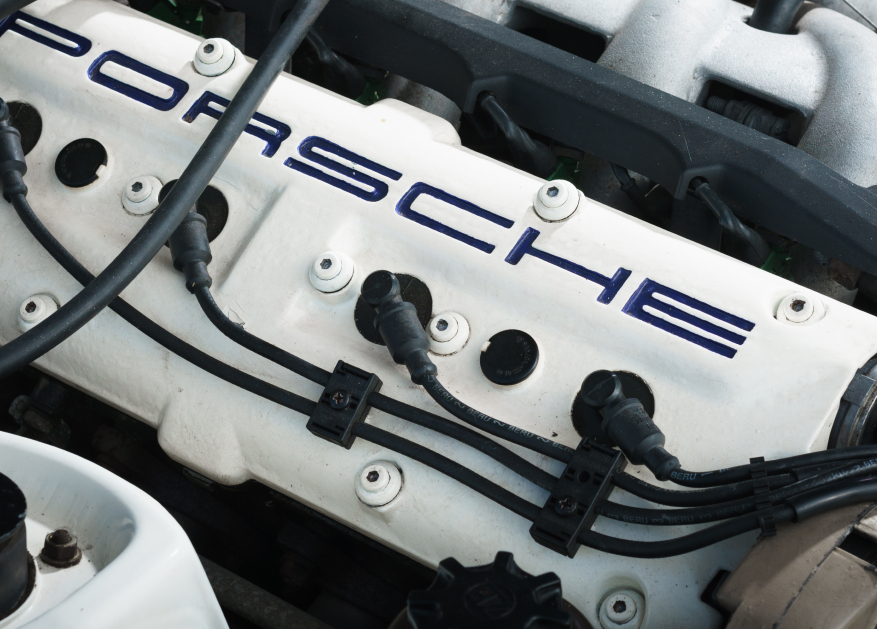
Although the project is at the embryonic stage, Blume sketched the outline of a fuel made by producing hydrogen, capturing carbon from the air, and combining these two elements to end up with methanol, which is then transformed into a substitute for gasoline. Keeping greenhouse emissions in check will require making synthetic fuel using wind and solar energy, so the factories would primarily be located in suitable geographic locations.
Synthetic fuel offers a major advantage over, say, pure hydrogen. It doesn’t need to be cooled or pressurised during transport. Porsche could, in theory, make its own branded fuel and distribute it in a regular tanker. And, dispensing it wouldn’t require creating an infrastructure from scratch, because motorists would be able to buy it from existing petrol stations.
If it’s so straightforward, why doesn’t your local Shell station offer Porsche-branded pseudo-gasoline yet? “The only problem we still have is price, which is still higher than 10 dollars [£7.60] per litre,” Blume explained. For non-metric minds, a litre represents roughly a quarter of a gallon, so that’s about $37 (£28) a gallon. His team is working on bringing costs down to below $2 (£1.50) a litre.
In the meantime, development work is ongoing, and early test results are promising.
“We already have a pilot [program] running historic 911s, from the 993 series, with very good results. We’re also looking for partners. They’ll take care of the technology, and at the end they’ll produce the fuel. Our task will be to find the right specifications so that these fuels will be able to run in our combustion engines,” Blume said.
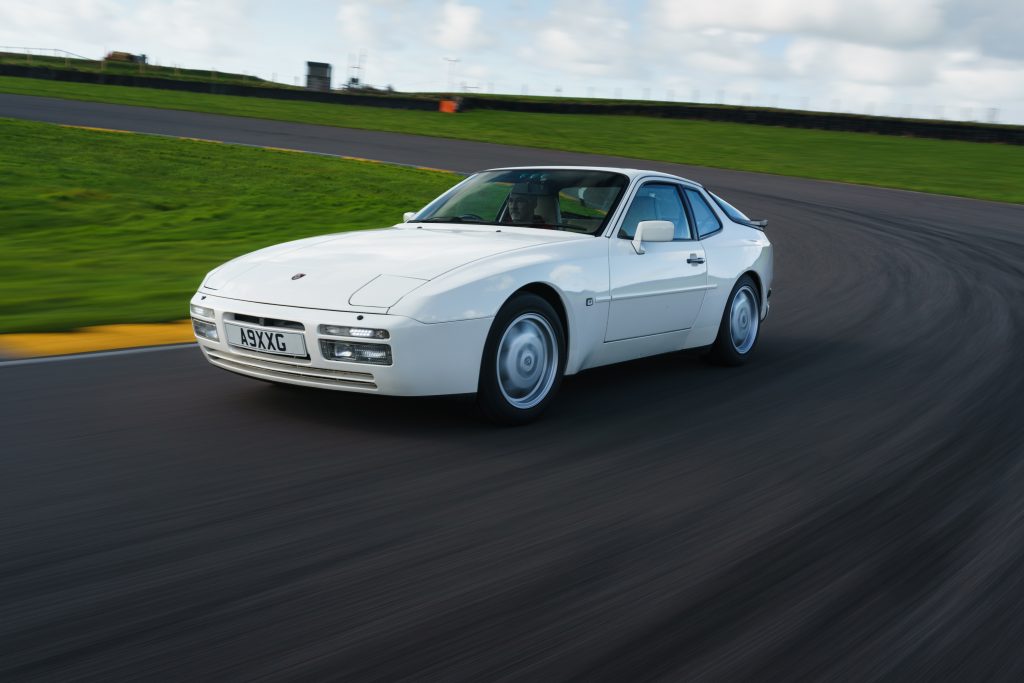
Keeping classics running is one of the many use cases he has in mind. He floated the possibility of using synthetic fuel to power race cars, partly because the cost of a litre of fuel isn’t such a significant factor in a motor racing environment. And, looking ahead, every car Porsche builds could leave the factory with a full tank of synthetic fuel.
Porsche remains committed to electrifying its lineup. The German car maker predicts that at least 50 per cent of the cars it sells globally will be electrified (either hybrid or electric) by 2025, and Blume stressed a breakthrough in synthetic fuel technology won’t change its plans. “What is important to state is that synthetic fuels will not substitute electromobility; They’re good and meaningful supplements,” he clarified.
If everything goes according to plan, Porsche’s home-brewed fuel could be ready to be burned in a car’s cylinders well before the current-generation 911 is eligible to wear classic plates.
“I think we need some years to drop the price,” said Blume, “and a very realistic prognosis is that our synthetic fuel could be available to the public in about 10 years. There is still a long way to go, but you have to start to do this, to reinvent yourself, to invest, and to improve the technology. I think there will be a big potential,” Blume concluded.
Those pondering the economics of switching their classic to an electric powertrain may want to hold that thought for another decade.
Everything you need to know about using E10 fuel with your classic car

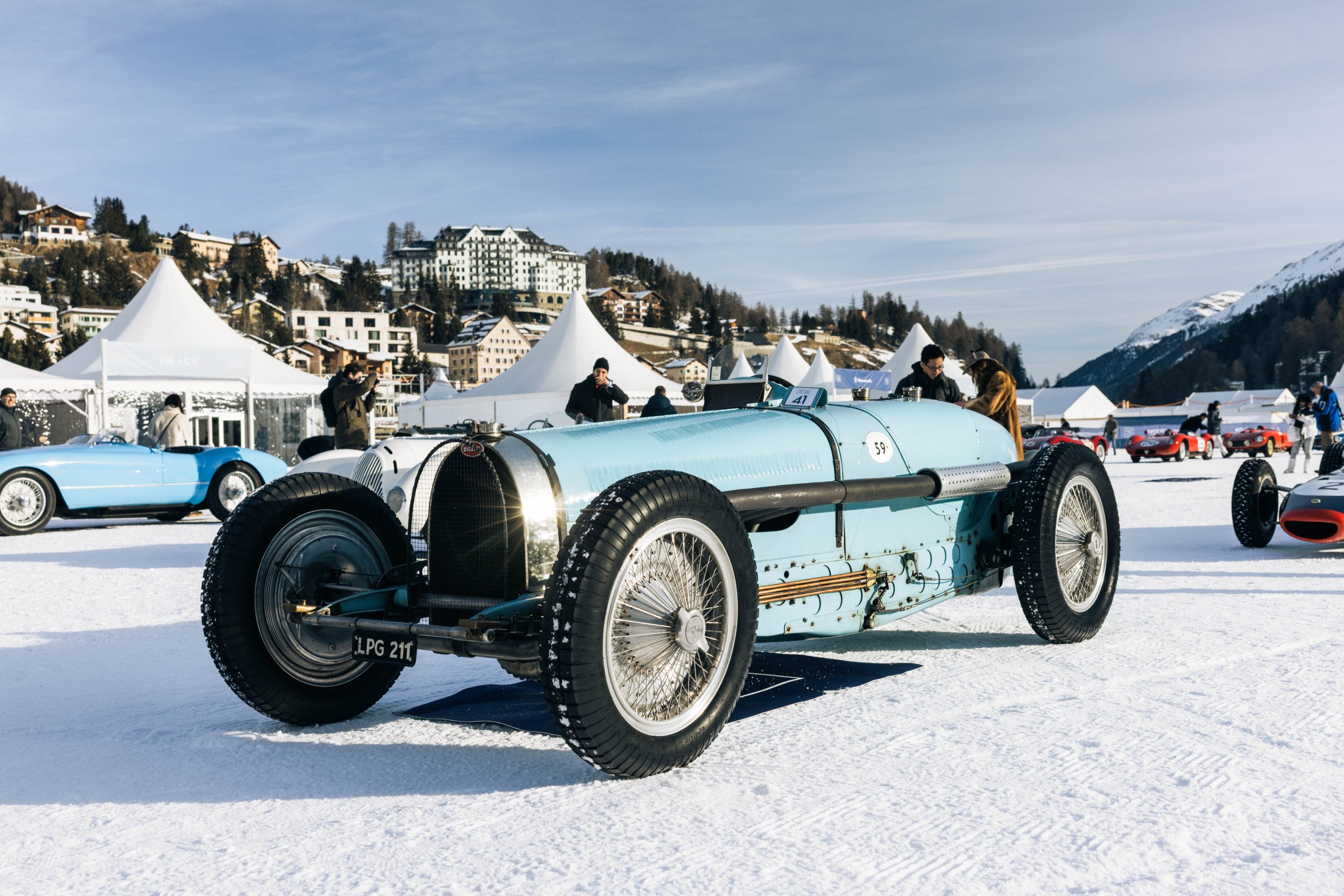
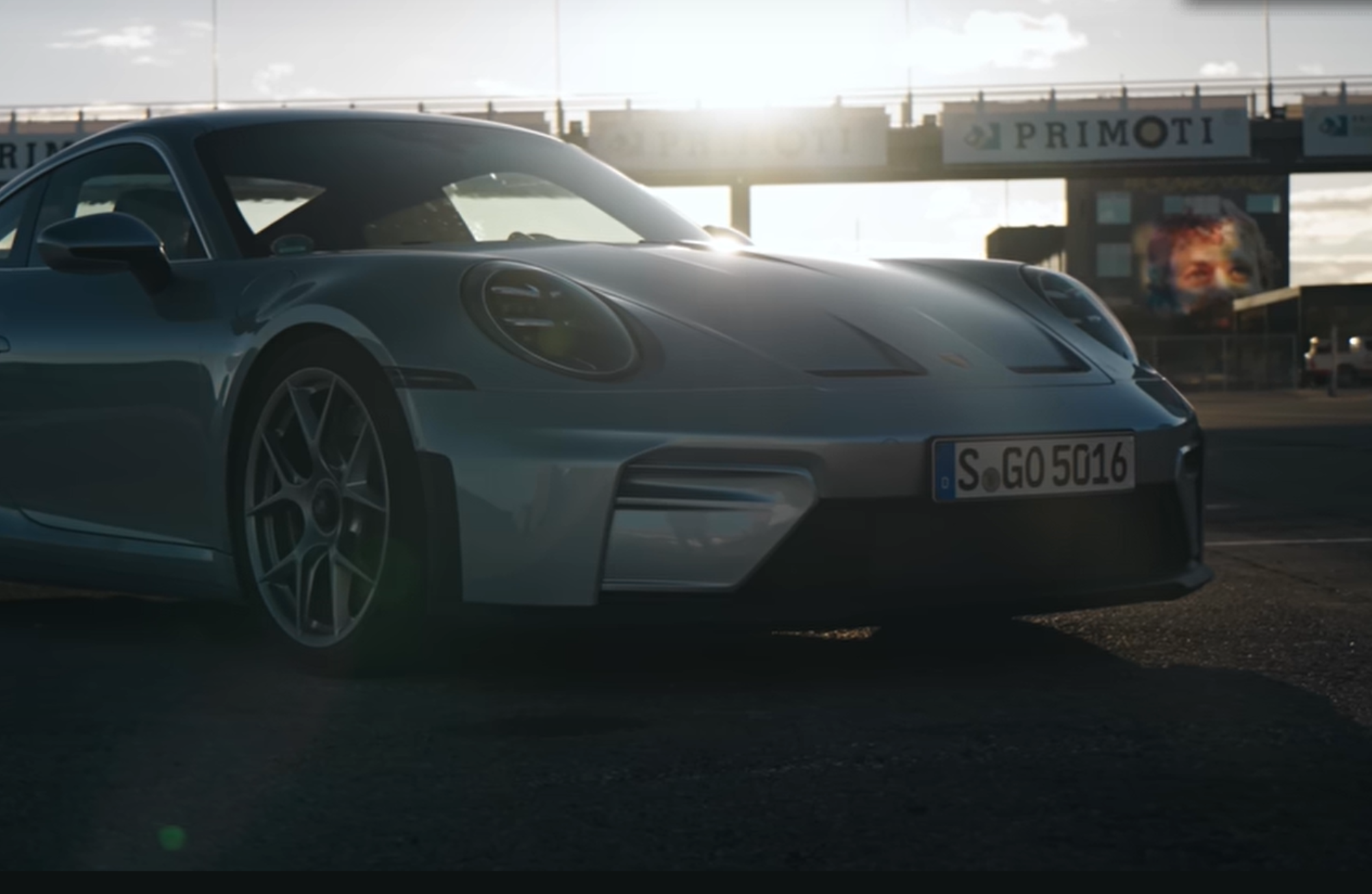

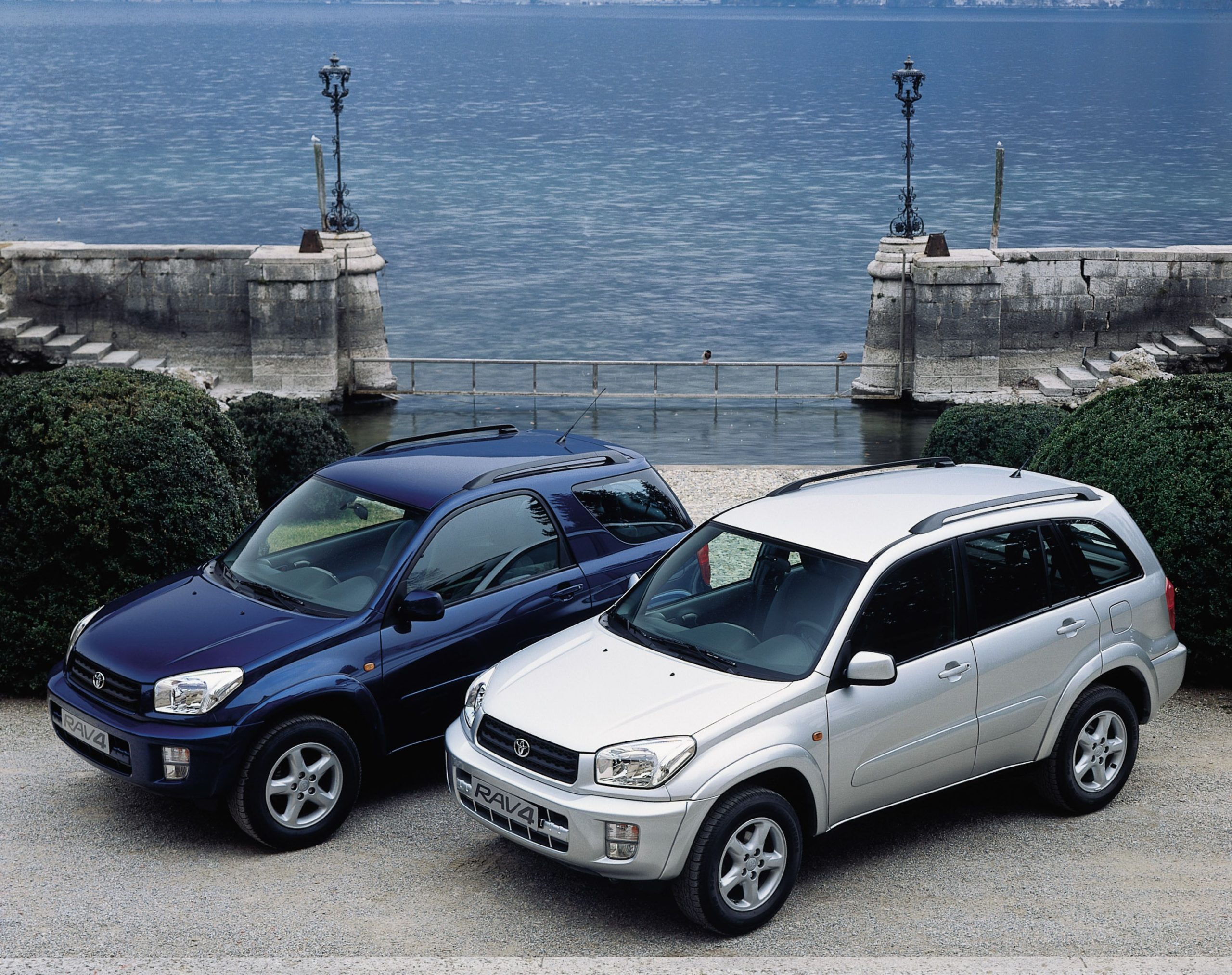
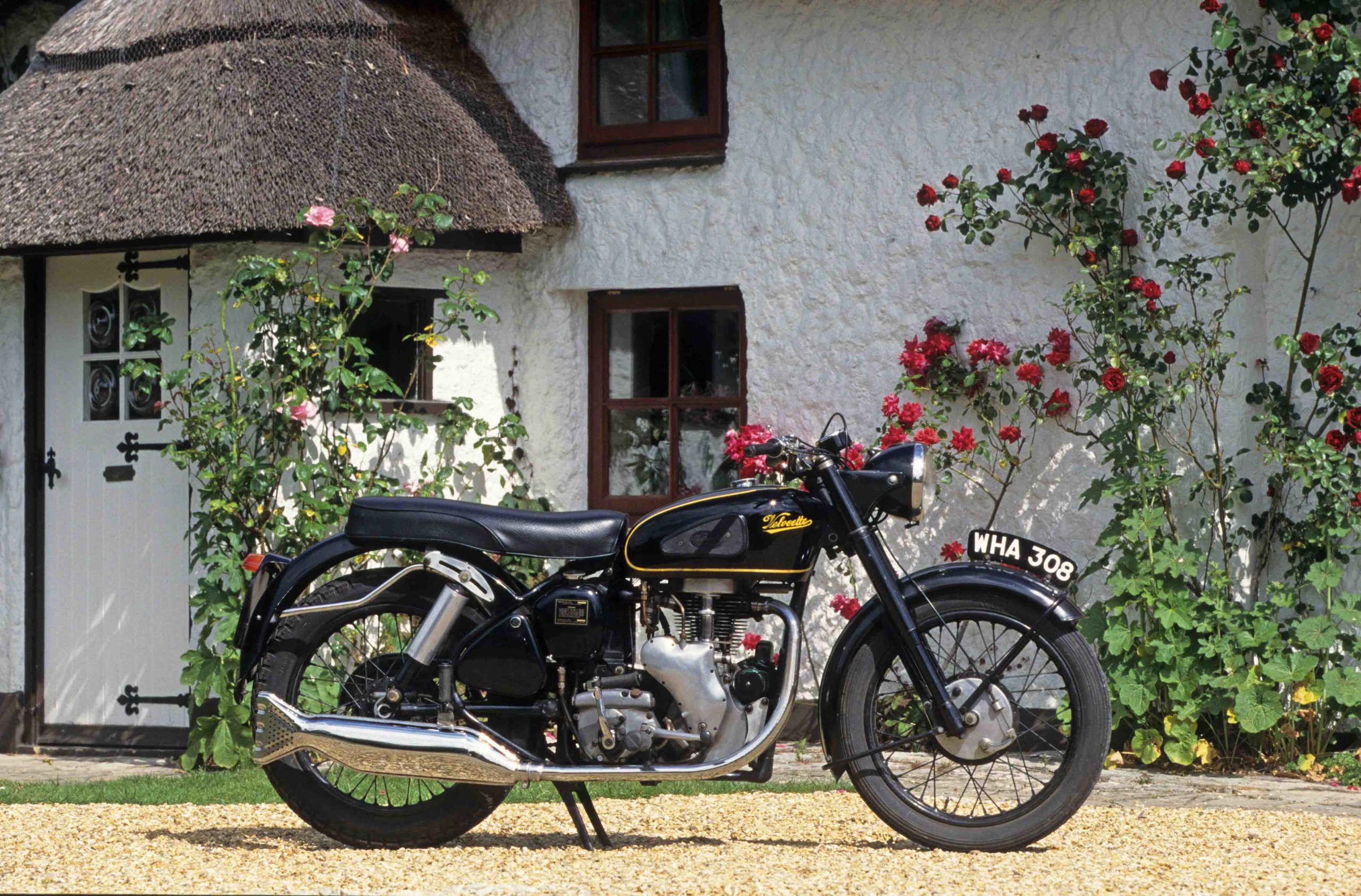

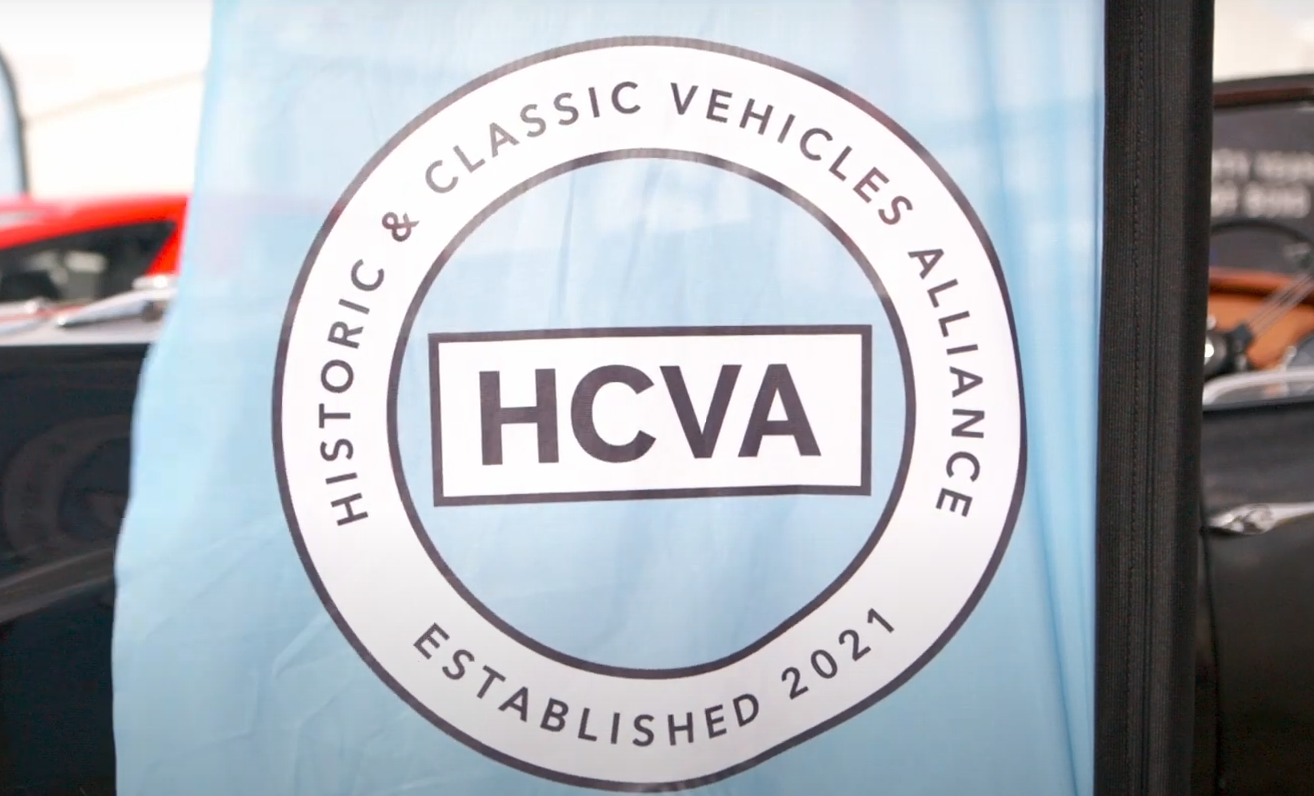
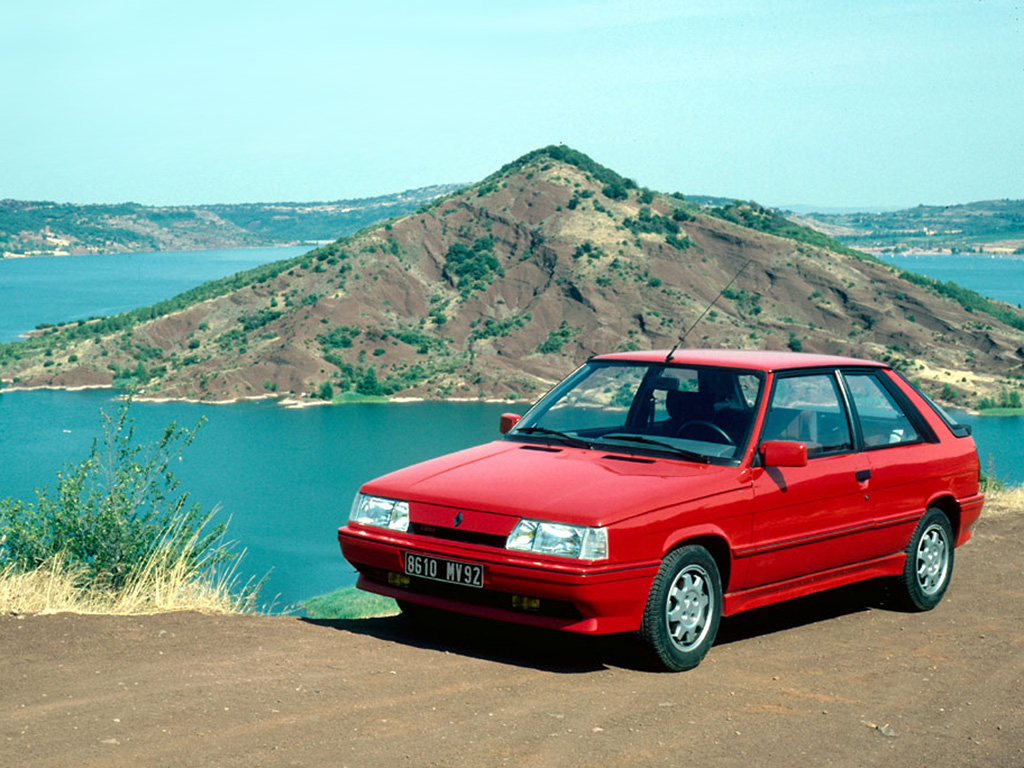
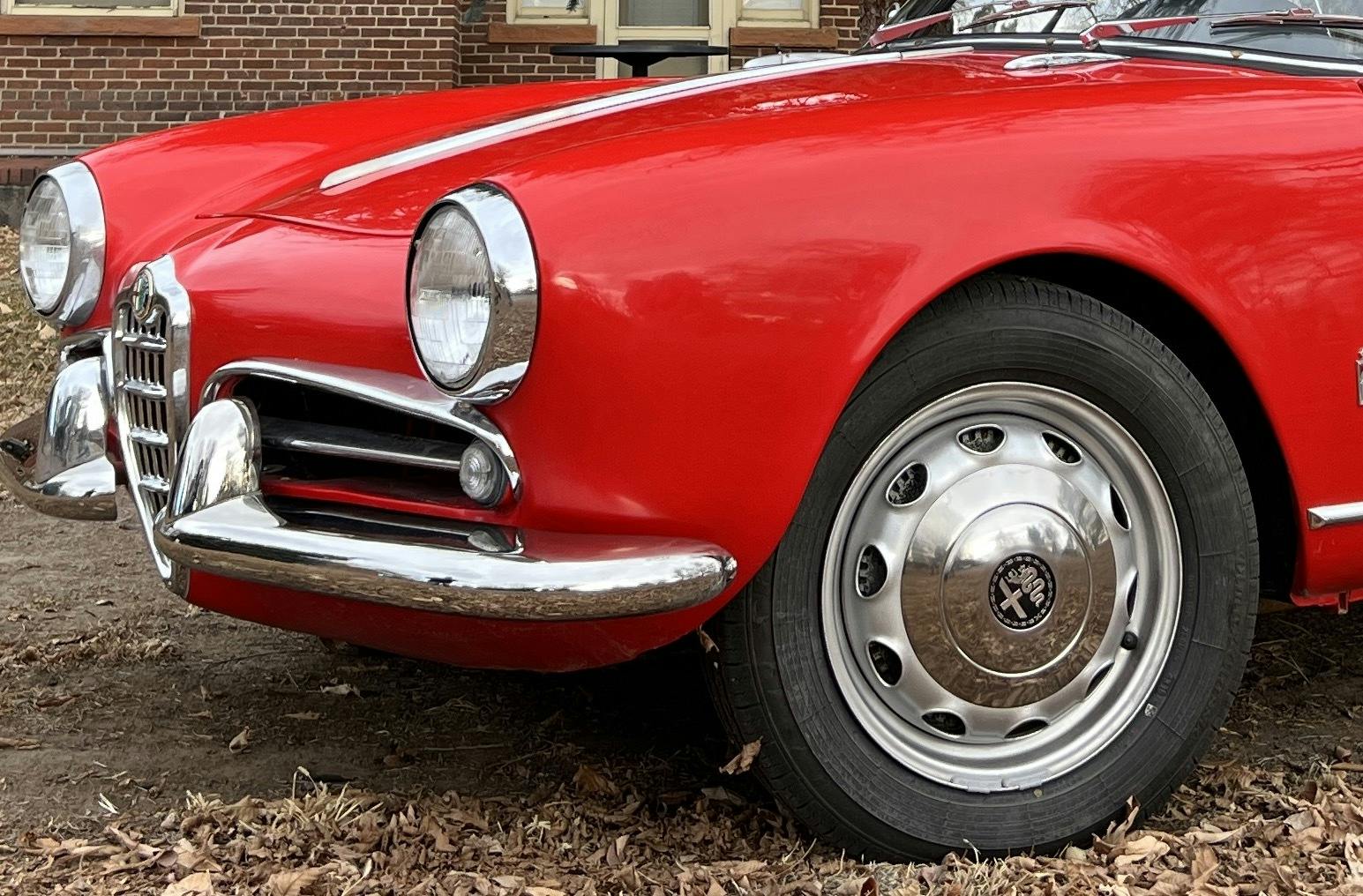
The Germans had synthetic fuels in WWII, did t they? I am sure they weren’t green, but still, it’s been done.